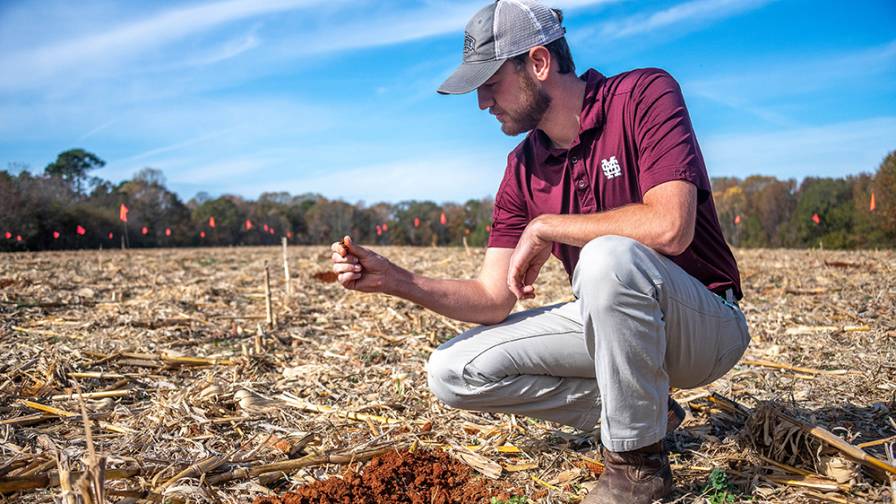More Wheat Varieties Resistant To Head Scab Available
As wheat growers prepare to plant their crop this fall, they are encouraged to choose varieties that are resistant to head scab.
Pierce Paul, an Ohio State University Extension plant pathologist, said that more varieties are available with good head scab resistance and high yield potential.
"In the past, there were very few Ohio-grown winter wheat varieties with decent scab resistance, and some of those varieties yielded poorly or did not grow well under our conditions," said Paul, who also holds an appointment with the Ohio Agricultural Research and Development Center. "Today, we have far more varieties with very good scab resistance in combination with very good yield potential."
Based on results of the 2010 Ohio Wheat Performance Trials, more than 20 percent of the varieties evaluated were considered resistant and more that 38 percent moderately resistant, for a total of 58 percent of the varieties rated at least moderately resistant.
A table of wheat varieties tested this year with percent resistance to head scab can be found here. A copy of the wheat trials is available here.
Head scab, a disease that attacks wheat during the flowering stage under wet, humid conditions, was a severe problem for growers this year. Head scab incidence ranged anywhere from three percent to 60 percent throughout Ohio’s wheat crop. In addition, vomitoxin contamination of the grain was a big problem with less than 1 parts per million to 18 parts per million recorded at the grain elevators.
Paul said that choosing head scab-resistant varieties can help in managing the disease in years when environmental conditions may increase the potential for outbreaks.
"No variety is completely resistant or immune to scab, so if conditions are wet and humid during flowering, even varieties considered resistant will develop scab and become contaminated with vomitoxin. However, disease and toxin levels will be lower in resistant varieties than in susceptible varieties," said Paul. "In addition, with a scab resistant variety, growers will likely see greater benefit from the use of fungicides if scab develops."
Paul emphasizes that growers should place scab-resistant varieties high on their list of priorities when preparing for next year’s wheat season.
(Source: Ag Answers)






